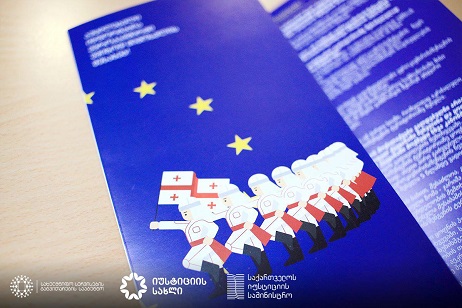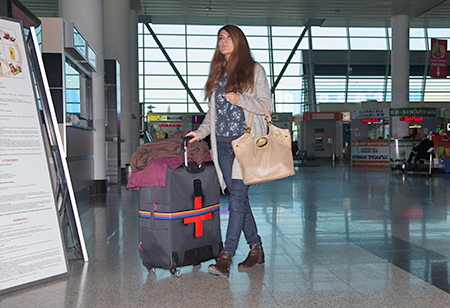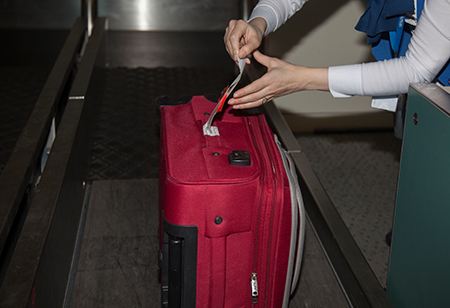Visa-free travel: What Georgians can and can’t do in Schengen Area

Georgia is very close to implementing visa-free travel to the Schengen zone, so the country’s authorities have started providing its citizens with necessary information regarding visa-free trips.
Every Georgian citizen who receives a foreign passport from relevant agencies will also receive a special brochure with detailed information about visa-free travel to the European Union (EU).
The brochure included a list of the 22 EU states, four non-EU countries and four EU candidate countries where Georgians will be able to travel without a visa once the country’s visa liberalisation comes into force.
Officials assumed this would happen in early summer, at the latest.
Additionally, employees of Georgia’s public service agencies underwent special training to be able to answer all questions citizens might have regarding visa-free travel to the Schengen zone.
According to the brochure, there are several rules that Georgian citizens need to follow while traveling to the Schengen Area with no visa:
- Georgians can stay in the Schengen area for 90 days maximum;
- The purpose of travel can be tourism, visiting family members/relatives/friends, a business meeting or negotiations, etc.
- The purpose of the trip cannot be to pursue higher education and employment.
- While crossing the state border of a Schengen country, Georgian citizens might be asked by a border officer about the purpose of their visit. The traveler might also be asked to present relevant documents, including a return ticket to Georgia, their hotel reservation, travel insurance and financial documents such as valid bank cards or cash.
- If a Georgian citizen stays longer than 90 days in a Schengen country, he/she will be deported and be banned from entering the Schengen zone for five years. As an alternative, the person might be fined € 3,000.
 Tweet
Tweet  Share
Share










